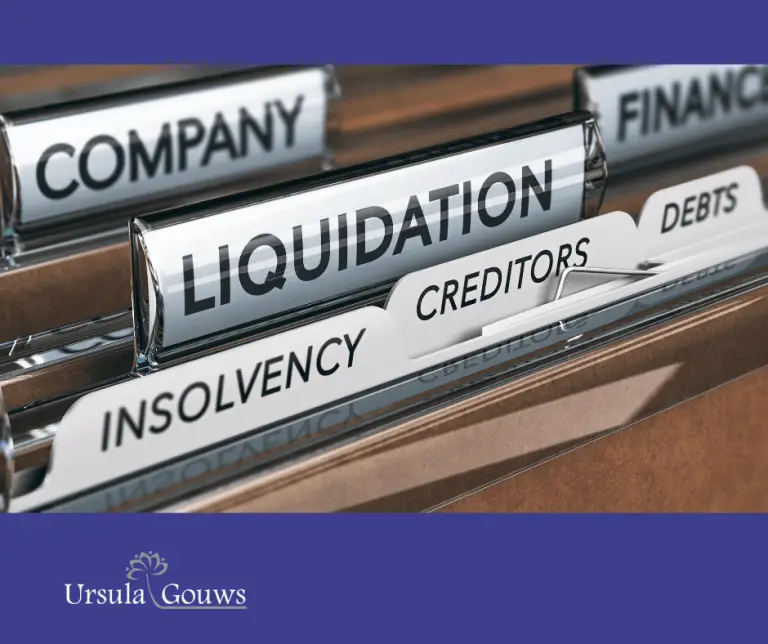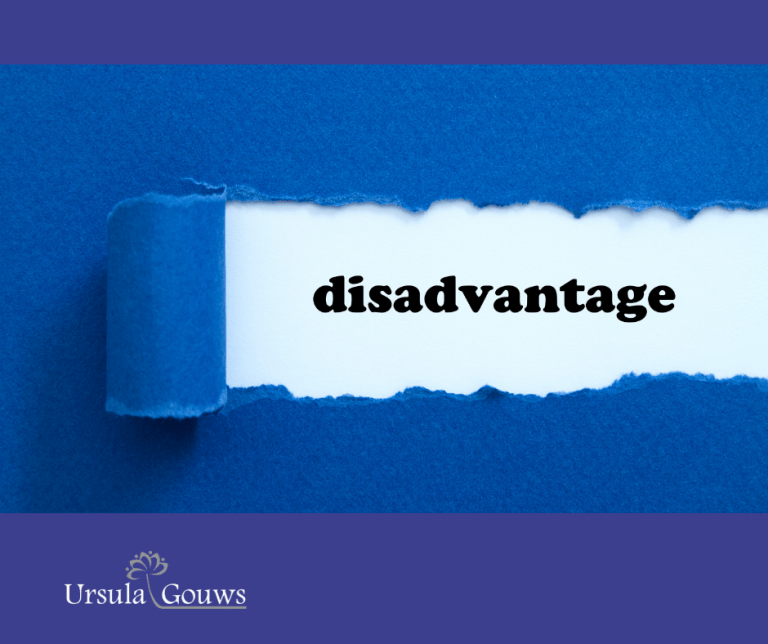When you are considering declaring insolvency, it is important to understand all the potential costs of sequestration.
In South Africa, the costs of sequestration are generally paid by the person or entity declaring insolvency.
Keep in mind that the costs of sequestration can be expensive and may prevent some people or companies from choosing this option.
By understanding the costs of sequestration, you can make an informed decision as to whether or not sequestration is the right legal option for your financial situation.
In this blog post, we will talk about the actual costs of sequestration, like court fees, trustee fees, and other related expenses.
The Cost of Legal Fees
When declaring insolvency, one of the first costs of sequestration that must be considered is the legal fees.
These fees include the attorney and advocate representing you in the High Court.
Legal fees may vary significantly based on your location and specific situation.
The Legal Practice also regulates these fees.
The Cost of Court Fees
The Court Fees are further costs of sequestration that need to be considered.
These costs are associated with various court administration procedures that were utilized during the sequestration process and are required to be paid.
It is important to keep in mind that these court fees do not cover any costs that may be incurred when engaging an attorney or other specialists to assist with managing your case.
The Cost of Trustee Fees
Another cost associated with declaring insolvency is trustee fees.
The Court appoints a trustee to manage your estate and ensure that all debts are settled according to the terms set out in the Insolvency Act.
The trustee will also handle all communications with creditors and other parties involved in the process of settling your estate.
Trustee fees typically are 3% of the sale of the assets but can be higher depending on the complexity of your case and how much work needs to be done by the appointed trustee.
Furthermore, if there are available secured assets that can be sold off, this may also be a viable option.
However, it is important to seek professional advice from a Debt Strategist before making any decisions regarding asset liquidation since each situation is unique and should be evaluated accordingly.
Conclusion
Sequestration is a legal process where a person declares themselves insolvent in order to write off their debts and start fresh financially.
However, this process comes with certain associated costs, including legal fees, court fees, and trustee fees, which can become expensive depending on how complex your situation is.
Ultimately, individuals need to consider their options around sequestration and all potential financial implications before proceeding down this path.
To make an informed decision about what is best for them in their unique situation.
This blog was brought to you by Ursula Gouws.
This blog is for information purposes only and does not constitute legal or financial advice.
If you enjoyed this blog, check out more Debt Talk with Ursula on the Ursula Gouws Consulting Blog, or download our Freebies to help you on your journey to a new financial future.
I am a Debt Strategist. Let me help you find the ideal legal solution for your unique debt situation.
I understand that dealing with financial distress can bring about feelings of guilt and shame, and even depression.
Rest assured – working together, we will get you back on track, so your finances and dignity are fully restored.
If you need help finding the ideal legal solution for your debt, feel free to reach out with the contact form on my Website.







